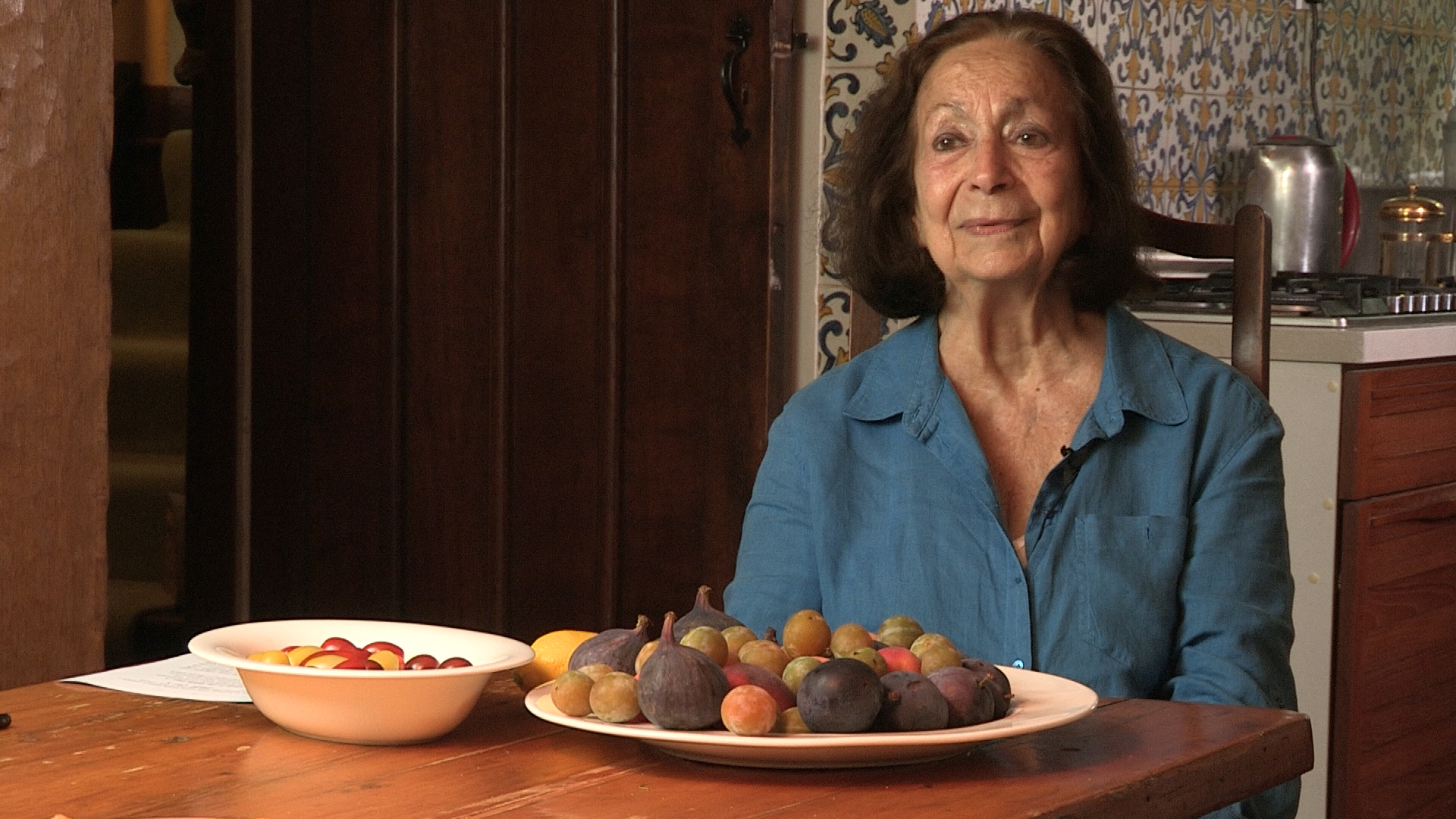NEXT STORY

Cultural influences on food
RELATED STORIES

NEXT STORY

Cultural influences on food
RELATED STORIES


|
Views | Duration | |
|---|---|---|---|
| 81. Aristocratic recipes | 04:36 | ||
| 82. What did the aristocracy eat? | 03:15 | ||
| 83. The Hay Festival Alhambra | 03:22 | ||
| 84. Manolo El Sereno | 03:00 | ||
| 85. Michael Joseph | 02:51 | ||
| 86. One cumin seed can tell you the history | 02:37 | ||
| 87. Cultural influences on food | 03:37 | ||
| 88. What you can learn at a museum of marzipan | 02:50 | ||
| 89. Learning how to make cooking better | 04:32 | ||
| 90. Alicia Rios and other food writers | 1 | 03:43 |


Spain is the most complex cuisines, has very, very complex cuisines. Because mainly of their geography, as well as their history. Perhaps I'll talk of their history first. That in Granada, I went to a place where they study, they taught the history of Spanish cuisine. And it was also a restaurant that people could come to and eat historic food. And they were called El Molino. And I think they might still be there. My daughter Anna went with her husband... and they went to the restaurant, and they ate there. But they taught cooking, the history. And I didn't have much time because I always had to go somewhere else where I had made an arrangement. And so, I asked, 'What is the history of your cuisine?' And they said, 'It's mainly Arab and Jewish'. And I said, 'Like what for instance?' And he said, 'Like suckling pig'. And I said, 'How come suckling pig?' And he said, 'Because when the Jews and the Muslim converted, when the Jews converted, that was a Jewish thing I asked him'. And he said, 'Because they cooked the pig in the way they cooked the lamb'. And it was by rubbing cumin on the skin when they roasted it. And yes, do you know that there is a restaurant in England where I went and I had roast, a Spanish restaurant called Fino, I think. Where they ate belly of pork. And in the crackling, there was cumin seeds. So, sometimes, one cumin seed could tell you the history. Nobody knows now, I mean probably the restaurant doesn't know. But in El Molino, that's what they explained. That was the history of the food.
Claudia Roden (b. 1936) is an Egyptian-born British cookbook writer and cultural anthropologist of Sephardi/Mizrahi descent. She is best known as the author of Middle Eastern cookbooks including A Book of Middle Eastern Food, The New Book of Middle Eastern Food and The Book of Jewish Food.
Title: One cumin seed can tell you the history
Listeners: Nelly Wolman
Claudia Roden talking to her granddaughter Nelly Wolman about her life in food.
Tags: Spain
Duration: 2 minutes, 37 seconds
Date story recorded: September 2022
Date story went live: 04 December 2023